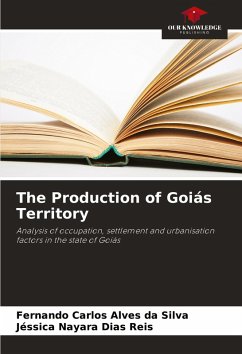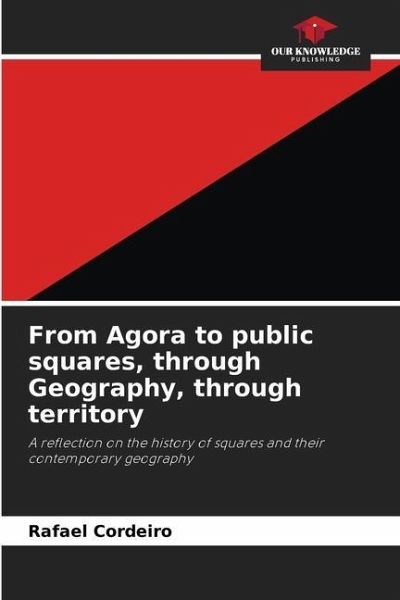
From Agora to public squares, through Geography, through territory
A reflection on the history of squares and their contemporary geography
Versandkostenfrei!
Versandfertig in 6-10 Tagen
27,99 €
inkl. MwSt.

PAYBACK Punkte
14 °P sammeln!
This book is a research where local aspects aroused the interest for global demands of studying the public space and its nunces, such as its historical and spatial formation, conceptions and appropriations. From this understanding, we have the enlightenment to understand locally the space to be studied. In light of this, it became necessary to elaborate a proposal for the subversive use of public squares, which is not limited to the hegemonic conceptions of the modern capitalist order. Cultural Roundtables, Film Clubs, Carnival, Capoeira, among other expressions, have been making the public sp...
This book is a research where local aspects aroused the interest for global demands of studying the public space and its nunces, such as its historical and spatial formation, conceptions and appropriations. From this understanding, we have the enlightenment to understand locally the space to be studied. In light of this, it became necessary to elaborate a proposal for the subversive use of public squares, which is not limited to the hegemonic conceptions of the modern capitalist order. Cultural Roundtables, Film Clubs, Carnival, Capoeira, among other expressions, have been making the public space an object of empowerment for marginalized classes, in counterpoint to the use desired by the agents who produce the space. Such conflicts open fissures in the hegemonic order that inspire actions of greater breadth and with greater social impact, aimed at self-management in public space and social autonomy.




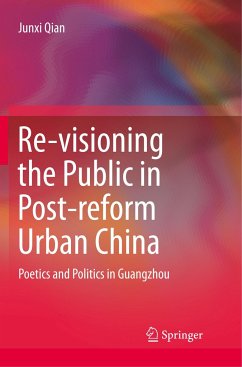
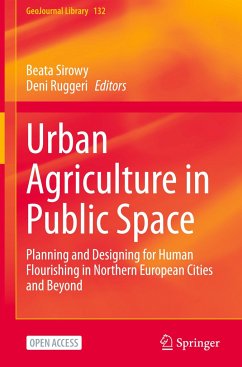

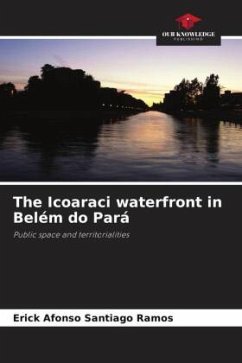

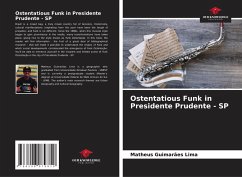
![Localitude[s] - The Territory, a Binding Identity in Guyana Cover Localitude[s] - The Territory, a Binding Identity in Guyana](https://bilder.buecher.de/produkte/62/62303/62303798n.jpg)

